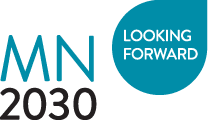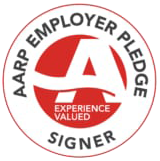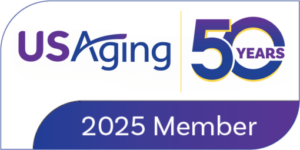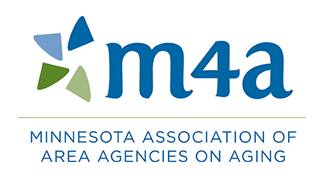Interfaith Caregivers Homemaker/Chore Program
Supporting the Independence of Older Adults in Faribault County
Interfaith Caregivers (IFC) is a network of friends and volunteers in Faribault County that organized as a non-profit entity in 1997. The philosophy of IFC is deeply rooted in the belief that every person has a fundamental right to life and to the necessities of life. They believe each person is to be treated justly, with dignity and respect and should have the ability to make their own decisions. Based on this philosophy, IFC exists to help older adults live independently in their own homes for as long as possible through a network of volunteers providing non-medical assistance such as transportation and companionship.
In 2012, MNRAAA identified and announced chore and homemaker services as priorities for the 2013 Title III-B funding cycle. Homemaker is defined as assistance such as preparing meals, shopping for food and other personal items, managing money, answering or making telephone calls and doing light housework. Chore is defined as assistance such as heaving housework, yard work or sidewalk maintenance. In order to be eligible for either of these services, participants must be age 60 or older and have difficulties in conducting one or more of the Instrumental Activities of Daily Living associated with the service definitions. IFC responded to MNRAAA’s funding announcement by submitting a grant application for homemaker and chore services in Faribault County, resulting in a 2013 Title III-B funding award.
The first year of IFC’s Homemaker/Chore Program was spent implementing the project, including the development of intake forms, service parameters and guidelines, client contribution procedures, and marketing and outreach plans. By the end of 2013, they had established the project and served 8 people with 151.5 hours of homemaker and 8 people with 52.5 hours of chore services.
Since 2013, IFC’s Homemaker/Chore Program has experienced continual growth and success resulting in 35 people receiving 652.25 hours of homemaker and 37 people receiving 580.75 hours of chore services in 2017. Much of the success of this project can be credited to the hard work of project staff to build relationships with referral sources in the community such as medical facilities, county human services, et. al. In addition, they have honed the service delivery process to include paid homemaker and chore staff that provide a quality service. In their 2017 satisfaction survey, one respondent stated, “I feel much better about staying in my home now that I feel my home is clean and organized.” Another said, “Don’t need to go down steps to do the laundry, she [homemaker] vacuums for me, etc., drives for grocery shopping about one time a month.” And finally, “I am well satisfied.”
Another important success of this project has been IFC’s efforts to develop a system to help people receiving services understand the value of the service and to contribute accordingly. Project recipients are provided with information on the cost of providing homemaker and chore services and are asked to contribute based on a cost sharing scale. Clients then receive value statements outlining the services they’ve received during the period and requesting they “share in the cost” as initially agreed upon. Clients who are low income are asked to make a voluntary contribution and no one is ever denied service based on their inability or unwillingness to contribute. A positive result of the system IFC has in place is the ability to extend service beyond their Title III funding award. As the program grows and Title III-B funding does not, IFC is able to maintain a level of service that would not have been possible without the generous contributions of the project recipients.

 Dementia Friends is a global movement that is changing the way people think, act, and talk about dementia. Developed by the Alzheimer’s Society in the United Kingdom, the Dementia Friends initiative is underway in Minnesota. By helping everyone in a community understand what dementia is and how it affects people, each of us can make a difference for people touched by dementia.
Dementia Friends is a global movement that is changing the way people think, act, and talk about dementia. Developed by the Alzheimer’s Society in the United Kingdom, the Dementia Friends initiative is underway in Minnesota. By helping everyone in a community understand what dementia is and how it affects people, each of us can make a difference for people touched by dementia. The Minnesota Board on Aging, in partnership with the Minnesota Department of Human Services, is looking ahead to the year 2030, and here’s why:
The Minnesota Board on Aging, in partnership with the Minnesota Department of Human Services, is looking ahead to the year 2030, and here’s why:


